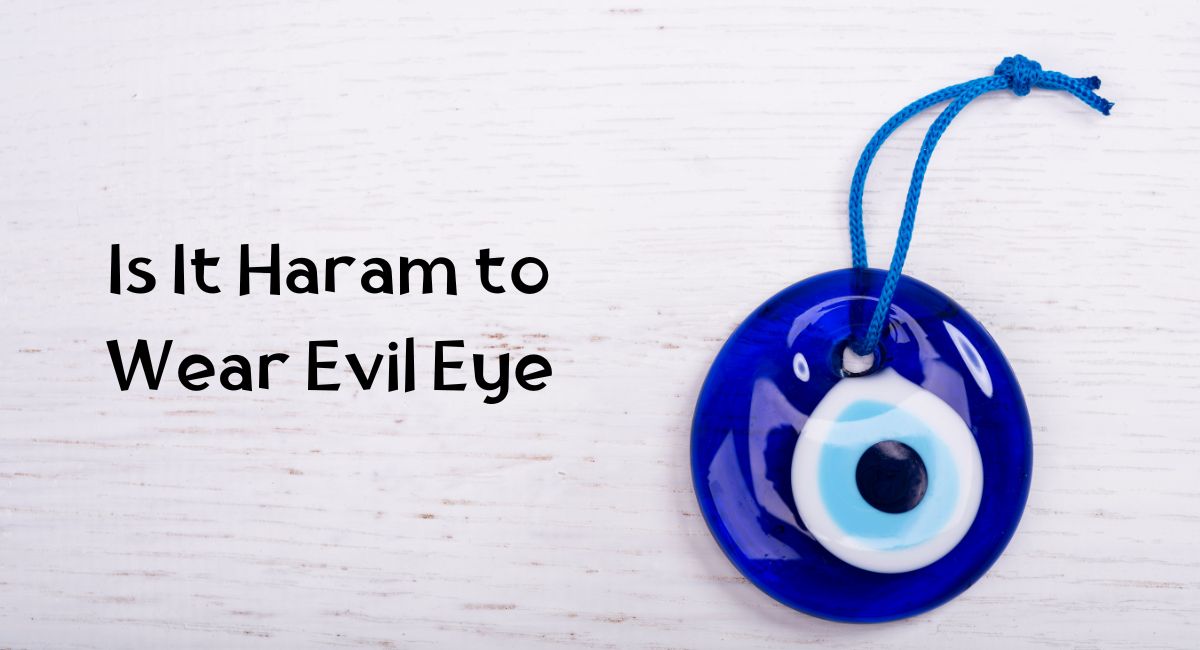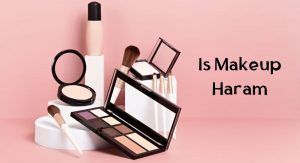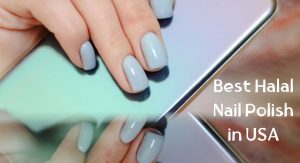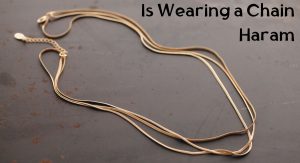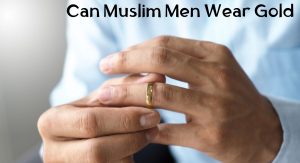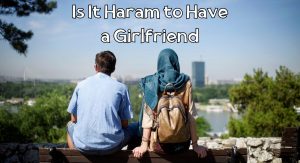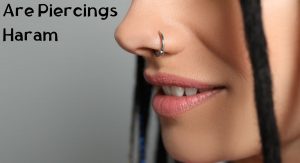The concept of the evil eye, known as “nazar” in many cultures, has long been a source of fascination and concern for people around the world. It is believed to be a malevolent gaze that can bring harm or misfortune to those who are its target.
To ward off this perceived threat, various protective symbols and amulets have been created and worn by individuals in different societies.
The question of whether it is Haram (forbidden) to wear these protective symbols in Islam is a topic of debate and discussion. In this article, we will explore the Islamic perspective on wearing the evil eye symbol, examining the diverse viewpoints within the Muslim community and seeking a deeper understanding of this complex issue.
Key Takeaways
- Various protective symbols and amulets have been created and worn in different societies to ward off the evil eye.
- Wearing the evil eye as a talisman or amulet is considered Haram in Islam as it contradicts the belief in the oneness of Allah.
- The Quran and Hadith provide guidance on this matter, condemning the reliance on amulets and associating partners with Allah.
- Protection from the evil eye should come from faith in Allah, reciting specific verses from the Quran, engaging in prayers, and seeking refuge with Allah.
- Ruqyah, which involves reciting specific verses from the Quran, is considered a Sunnah method to protect against the evil eye.
- The use of amulets to deflect the evil eye is a subject of debate among scholars, with some considering it permissible with conditions and others viewing it as shirk (polytheism) or a major sin.
- Cultural practices to repel the evil eye, such as hanging horseshoes or using black and white beads, are not in accordance with Islamic teachings and can lead to shirk.
What is an Evil Eye
The concept of the “Evil Eye” (al-‘ayn in Arabic) is a superstition that exists in various cultures around the world. In the context of Islam, the Evil Eye is believed to be a form of harmful spiritual or metaphysical energy that a person can project, intentionally or unintentionally, through a malevolent glare towards another person. This glare is thought to bring misfortune, sickness, or general bad luck to the person at whom it is directed.
The belief in the Evil Eye is not part of Islamic doctrine derived from the Quran, but it is widely discussed in the Hadiths, the collections of sayings and actions of the Prophet Muhammad (peace be upon him).
Islamic tradition acknowledges the existence of the Evil Eye and considers it a real phenomenon based on certain Hadiths where Prophet Muhammad is reported to have said that the Evil Eye is real and advised his followers to recite specific verses from the Quran for protection.
For instance, Muslims may recite the last two chapters of the Quran, Surah Al-Falaq and Surah An-Nas, as a means of seeking refuge from various types of harm, including the influence of the Evil Eye.
Additionally, there are various supplications (duas) and practices recommended by Prophet Muhammad to seek protection from the Evil Eye, such as saying “Masha Allah” (meaning “What Allah has willed”) when praising or admiring someone or something, to ward off any potential harm.
Is It Haram to Wear Evil Eye
In Islam, the wearing of the evil eye is considered haram (forbidden). This belief is grounded in the principles of Tawheed, which emphasizes the oneness of Allah and that He is the only one worthy of worship.
Wearing the evil eye, which is often used as a talisman or amulet for protection against misfortune, contradicts this fundamental belief. It implies placing trust in something other than Allah, which is not permissible in Islam.
The Quran and Hadith, the primary sources of Islamic teachings, provide guidance on this matter. The Quran mentions that those who practice magic will have no share in the Hereafter, and wearing an evil eye is considered a form of magic. It represents a reliance on superstitious practices rather than faith in Allah. Furthermore, the Quran condemns the practitioners of magic and those who follow them.
The Hadith, which are the recorded sayings and actions of the Prophet Muhammad (peace be upon him), also address this issue.
One Hadith mentions that the Prophet said to Ruqyah, the wife of ‘Abd-Allaah ibn Mas’ood, that “amulets are Shirk (associating partners with Allah).”
In another narration, he stated: “Whoever wears an amulet has committed Shirk.” These statements highlight that relying on amulets, including the evil eye, is equated with shirk, a grave sin in Islam, as it involves placing trust in something other than Allah.
The Islamic perspective on the evil eye itself (not the amulet) is that it is a real phenomenon. It refers to harm caused by a person’s envious gaze towards another. The concept is that when a person, out of envy, looks at something with evil intentions, it can cause harm.
However, protection from the evil eye should come from faith in Allah, not through amulets or talismans. The Prophet Muhammad (peace be upon him) advised reciting ruqyah (incantations) for protection against the evil eye and engaging in prayers and seeking refuge with Allah. This approach aligns with the Islamic principles of reliance and trust in Allah alone.
Ruqyah for Evil Eye: Is it a Sunnah Method
Ruqyah for the evil eye is considered a Sunnah method, as per Islamic teachings. Ruqyah is a practice of treating illnesses, including the evil eye, through Qur’anic verses and invocations as prescribed by the Prophet Muhammad (peace be upon him). This method involves reciting specific verses from the Qur’an and is recognized within the Islamic tradition as a remedy for the evil eye, magic, and other forms of harm.
The Prophet Muhammad himself recited ruqyah for his protection, and some of his Companions also practiced ruqyah for themselves. This establishes the practice as a Sunnah, meaning it is a recommended act based on the Prophet’s traditions.
Furthermore, the last three surahs of the Qur’an are particularly noted for their strong protection against envy, evil eye, magic, and jinn. It is a Sunnah to read these surahs three times in the morning and evening, three times before going to sleep, once after every salah (prayer), and when one is ill. This method of ruqyah is seen as a way to invoke divine protection and healing.
In a specific hadith narrated by Asma bint Umays, she asked the Prophet if she should recite Ruqya for the sons of Jafar who were afflicted with the evil eye. The Prophet affirmed the practice, indicating that if anything could overtake the divine decree, it would be the evil eye. This further supports the legitimacy and importance of ruqyah within Islamic teachings as a means to counteract the effects of the evil eye.
What Are Some Ways to Protect Oneself From the Evil Eye
In Islam, several practices are recommended to protect oneself from the evil eye. These practices are based on Islamic teachings and Hadiths and emphasize reliance on Allah for protection. Here are some of the key methods:
- Recitation of Specific Du’as: Specific du’as (supplications) such as “A’udhu bi kalimat-illah il-tammati min sharri ma khalaq” and “A’udhu bi kalimat-illah il-tammati min ghadabihi wa ‘iqabihi, wa min sharri ‘ibadihi wa min hamazat al-shayatini wa an yahduroon” are recommended for protection against the evil eye.
- Recitation of Al-Mu’awwidhatayn and Surah Al-Ikhlas: Al-Mu’awwidhatayn refers to the last two chapters of the Quran, Surah Al-Falaq and Surah An-Naas. These, along with Surah Al-Ikhlas, are recited for protection. The Prophet Muhammad (peace be upon him) recommended reciting these surahs three times in the morning and evening for protection against all evils.
- Seeking Refuge for Children: It is advised to seek refuge for children using the words, “I seek refuge for you both in the perfect words of Allah, from every devil and every poisonous reptile, and from every evil eye,” as done by the Prophet Muhammad for his grandsons, Al-Hasan and Al-Husayn.
- Praying for Blessings: Whenever you see something or someone you admire, it is recommended to pray for blessings for them. This practice is based on the Prophet’s advice to pray for blessings to prevent harm from the evil eye.
- Saying ‘Mashaa’Allah laa quwatta illaa billaah’: Although not directly related to protection from the evil eye, this phrase is often used when admiring something or someone to acknowledge that all power and strength come from Allah.
- Studying Sunnah for Treatment: In cases where someone is already affected by the evil eye, it is crucial to follow the instructions from the Sunnah for treatment. This includes reciting certain verses and supplications (ruqyah) and, if the person who caused the evil eye is known, asking them to wash and pour the water over the afflicted person.
These practices emphasize the importance of faith and trust in Allah, seeking His protection, and following the teachings of the Prophet Muhammad (peace be upon him) in safeguarding oneself against the evil eye.
Is It Permissible to Use Amulets to Deflect Evil Eye
The Islamic view on using amulets to deflect the evil eye varies and is a subject of debate among scholars. Some key points from different perspectives are:
- Prohibition Based on Hadith: A hadith narrated by ‘Uqbah ibn ‘Amir indicates a strong stance against the use of amulets. The Prophet Muhammad (peace and blessings of Allah be upon him) is reported to have said: “Whoever wears an amulet, may Allah not fulfil his need, and whoever wears a sea-shell, may Allah not give him peace”. This hadith suggests a clear disapproval of using amulets.
- Permissibility with Conditions: Some sources suggest that the use of ta’wizes (amulets) is permissible as a means of protection, as long as the user recognizes that ultimate protection comes from Allah alone. This view is supported by reports from early Muslims and Companions in the Musannaf of Imam Abu Bakr ibn Abi Shayba.
- Considered as Shirk (Polytheism): According to some Islamic teachings, using amulets is considered an act of shirk, or polytheism. This is because it may involve placing trust in something other than Allah for protection. This viewpoint is supported by a statement attributed to Ibn Mas‘ood, where the Prophet is said to have stated that spells, amulets, and similar practices are forms of shirk.
- Invalidated by Sharee’ah (Islamic Law): Another perspective is that using amulets for protection, even if they contain words from the Quran, is not valid according to Islamic law. This view holds that amulets are forbidden regardless of their composition.
- Minor Act of Shirk and Major Sin: Another interpretation is that believing an amulet can protect against the evil eye or Jinn is considered a minor act of shirk and a major sin. This perspective emphasizes that protection comes only from Allah, and relying on amulets for such purposes is not in accordance with Islamic teachings.
Frequently Asked Questions
1. What should you avoid doing in case of the evil eye?
Various cultural practices have emerged in different societies to ward off the evil eye. These practices include hanging horseshoes, using black and white beads, hanging lemon and green chillies, and burning red chillies. While these practices may seem harmless on the surface, they often lack logical explanations and have no basis in Islamic teachings. Using these practices or remedies to repel the evil eye goes against Islamic beliefs and can lead to shirk. It is important to avoid such practices and focus on genuine Islamic methods of protection.
2. Is it wrong to think someone gave you ‘nazar’?
It is not wrong to have concerns about the evil eye or to seek protection from it through supplications and prayers in Islamic tradition. However, attributing misfortune solely to the evil eye without considering natural causes or taking appropriate action to address problems can lead to undue superstition. It’s essential to maintain a balanced perspective and rely on Islamic teachings for protection while acknowledging that not everything negative is a result of the evil eye.
3. Is there a correct way to remove nazar from a child?
Islamic tradition suggests several ways to protect children from the evil eye. Parents can recite specific verses from the Quran, such as Ayat al-Kursi (Surah Al-Baqarah, 2:255) and Surah Al-Falaq (Surah 113), over their children as a form of protection. Additionally, saying supplications and seeking refuge in Allah for their well-being is encouraged. Maintaining a strong faith, engaging in regular prayers, and practicing good manners are also considered protective measures.
